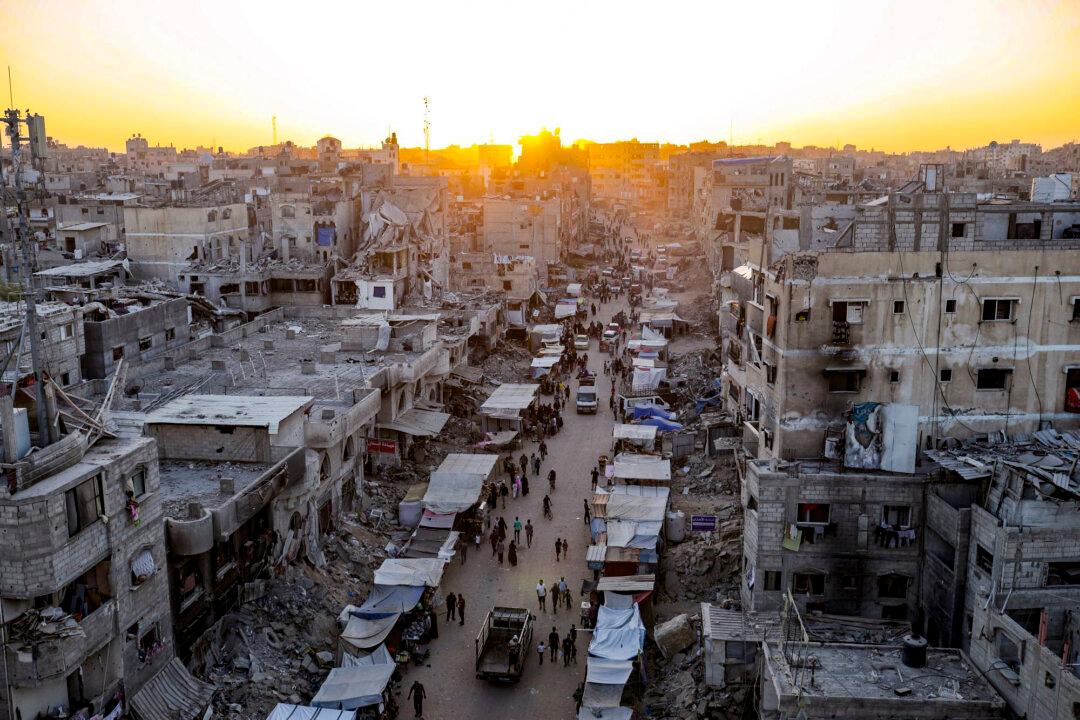Israel kept up pressure in the Gaza Strip on July 2, bombarding parts of Khan Younis and Rafah in the south. The Israeli army had ordered the evacuation of residents of parts of those cities the previous day.
Eight Palestinians were killed and dozens wounded, according to health authorities in Gaza, which are controlled by Hamas and don’t distinguish between civilians and Hamas soldiers.





